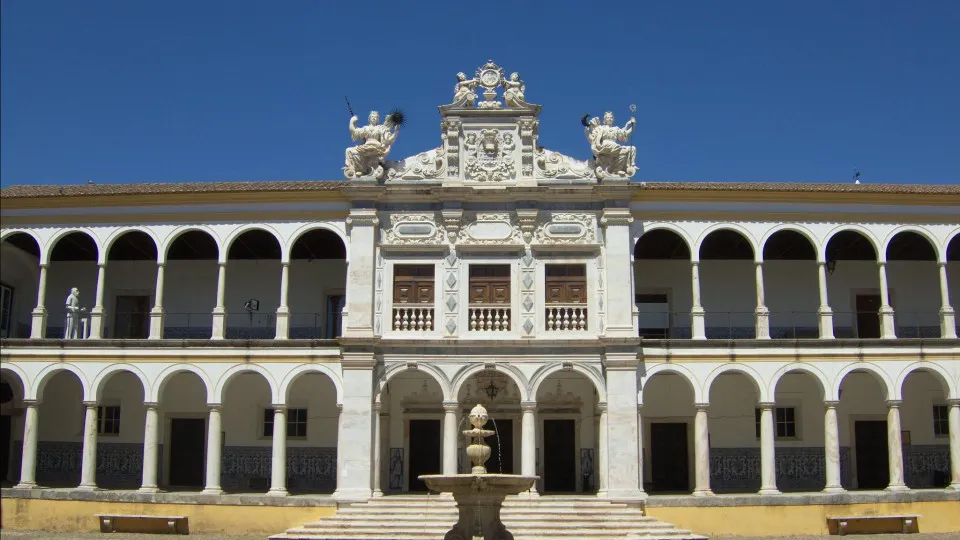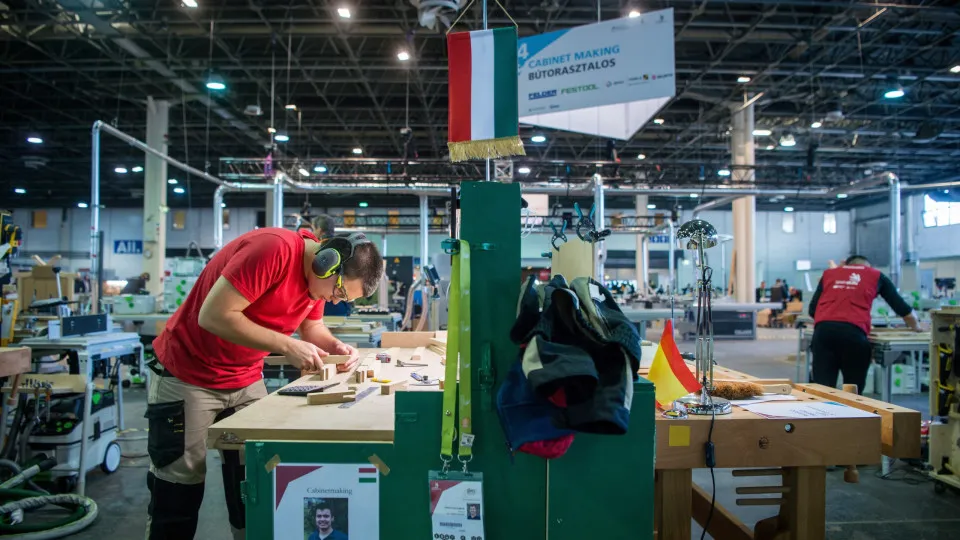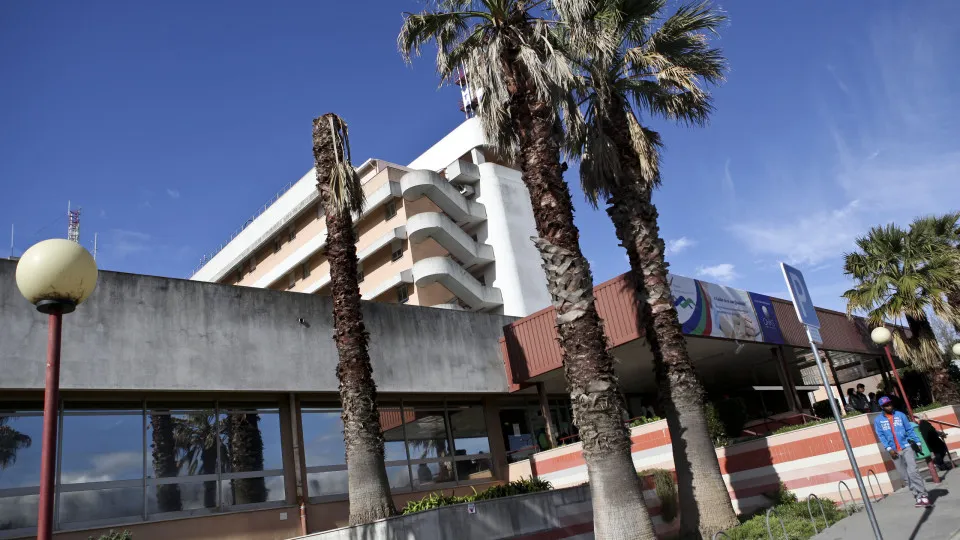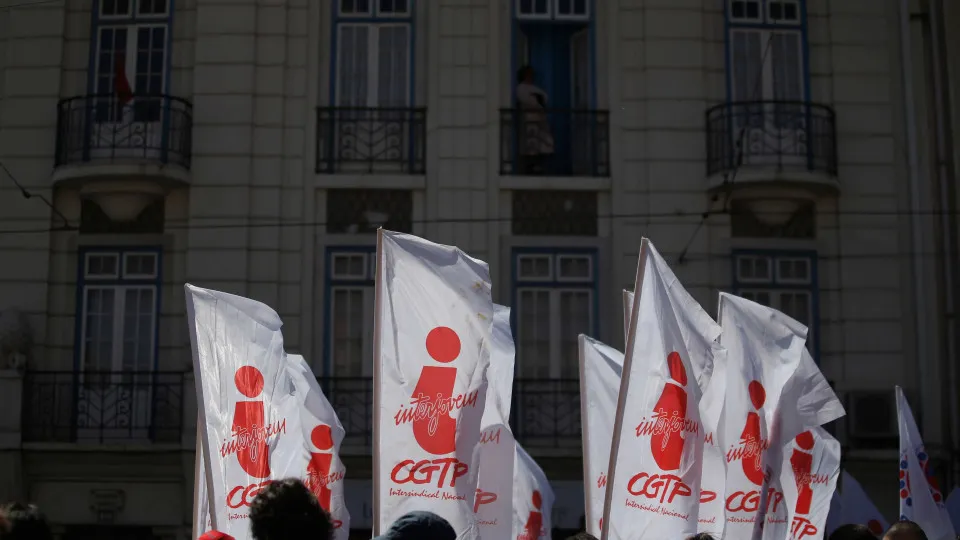
Two representatives of the technical, administrative, and management staff at the General Council of the University of Évora (UÉ), Isália Morais and Sérgio Pereira, will meet on Friday at the Assembly of the Republic (AR) with the parliamentary group of the Portuguese Communist Party (PCP).
A similar meeting with the Socialist Party (PS) parliamentary group is scheduled for the 16th, Isália Morais revealed today, noting that dates for meetings with other parties represented in the AR have not yet been established.
These meetings were requested by UÉ staff representatives following an August letter to the Minister of Education, Science and Innovation, Fernando Alexandre, concerning the revision of the Legal Framework for Higher Education Institutions (RJIES).
In the letter, the signatories state that the Government’s proposed changes to the RJIES “are part of a moment of structural transformation of the higher education system in Portugal.”
“We represent a group of around 15,000 professionals who ensure the daily functioning” of higher education institutions across the country, and the ‘significance’ attributed to us in the RJIES revision “is clearly inadequate,” resulting in “demotivation, devaluation, and disinterest,” it reads.
According to Isália Morais, the technical, administrative, and management staff representatives at the UÉ General Council express their concern and disagreement with losing “influence” in the election of the rector under the RJIES revision.
“Currently, the rector is elected by a limited body, composed of teachers, students, and some staff, with teachers having more influence. That aspect is fine. In this new RJIES, it is proposed to conduct a direct election by the academic community, introducing the contribution of alumni,” she explained.
However, “the problem, and what shocks us, is that the revision proposes giving alumni more influence than us. While we understand the desire to include them for new dynamics and perspectives in the election, we cannot accept them having more sway than those who have worked in the academy for 20, 30, or 40 years,” argued Isália Morais.
Consequently, the technical, administrative, and management body seeks to “increase its voting percentage” in the rector election proposal of the RJIES revision.
The letter suggests that in the rector election process, “the technical, administrative, and management staff should have a minimum representation of 20%.”
It also states that “it is essential that no participating body exceeds 45% of total representation, ensuring balance and a plurality of views in the governance” of higher education institutions, says the document.
“These are the points we disagree with and want to convey to parliamentary groups,” emphasized Isália Morais, indicating to Lusa that a meeting with the Minister of Education was also requested, but there has been no response thus far.




